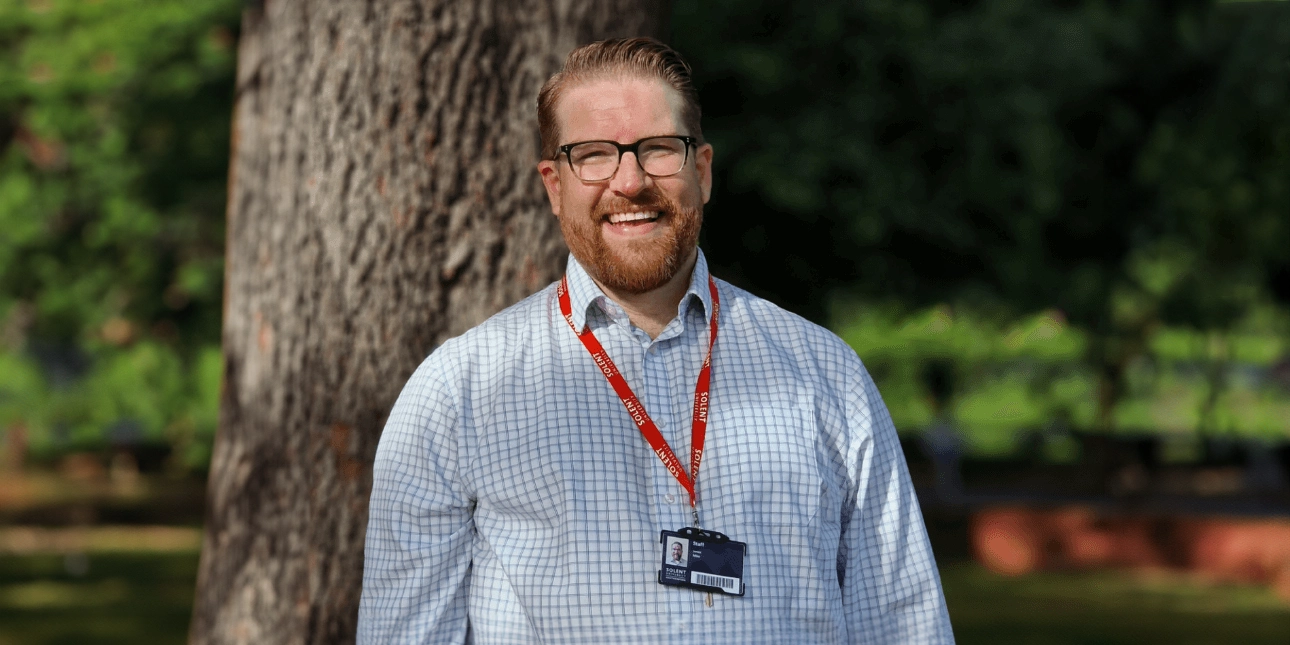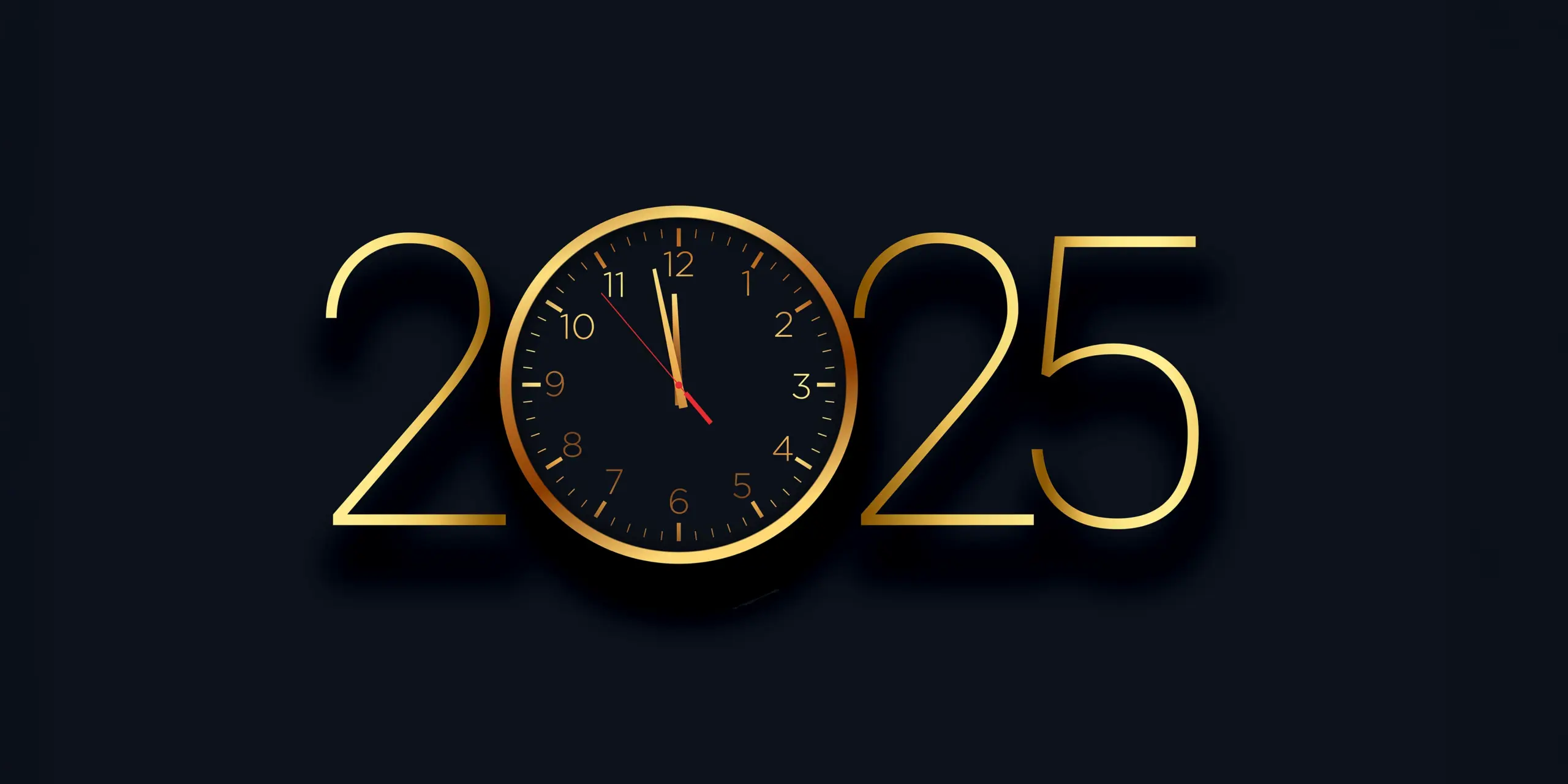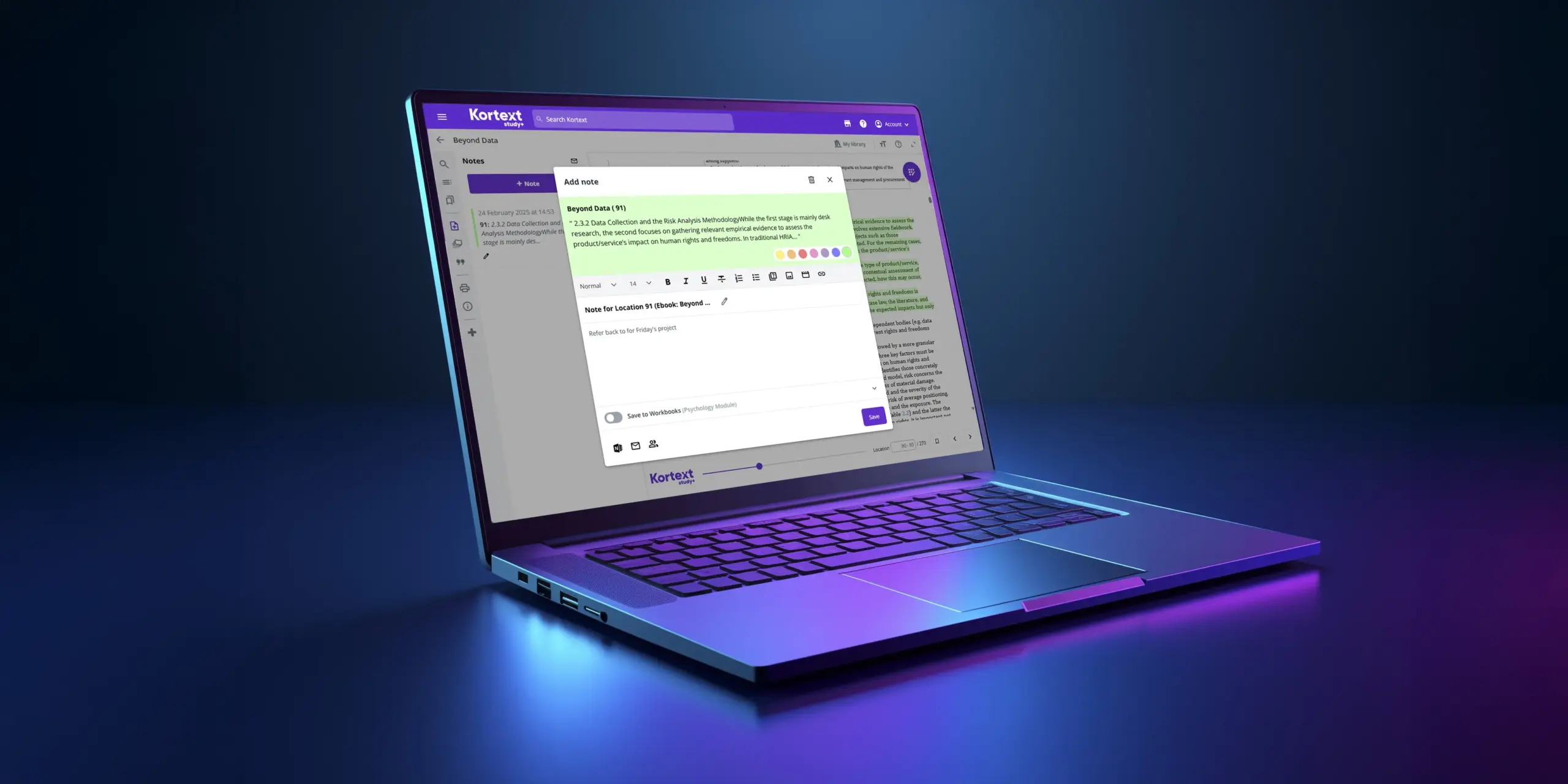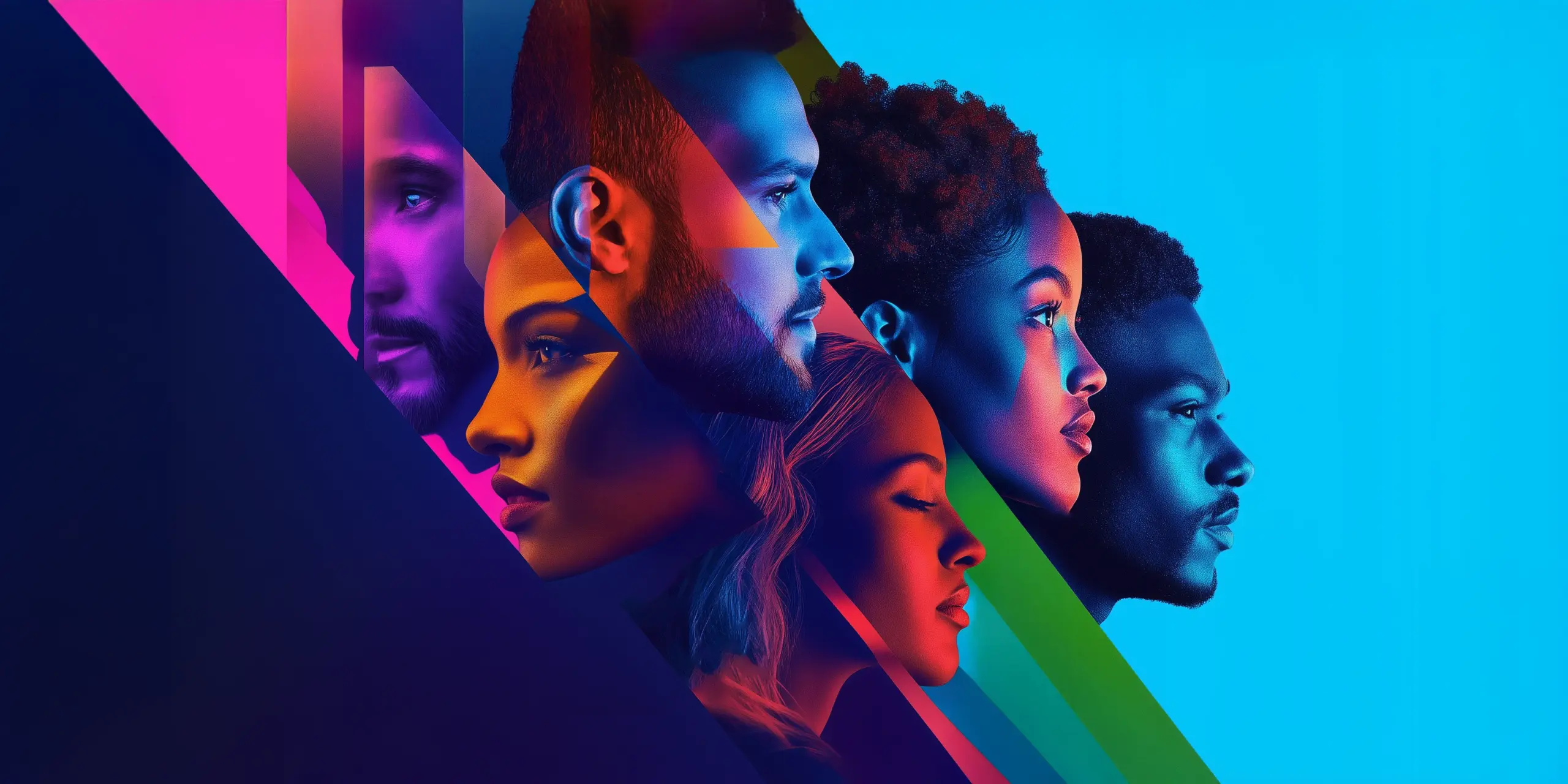Empowering librarians: harnessing the potential of AI tools
We spoke to Mike Jones from Solent University about the synergies between AI literacy and information literacy in higher education.
Read on to find out how AI tools could empower librarians to position themselves as centrally important in the future university.
First, can you tell me more about your current role?
I’m one of a team of three information librarians. I support two schools – Sport & Health and Social Sciences & Nursing. This involves liaising with academics, making sure they’ve got the resources they need, and helping them with reading lists.
The main part of my role is delivering information literacy sessions to students, both in person and online. This can be teaching a small group of 10 students, or a lecture theatre of 100 students
“It’s about adapting information…and teaching that for whatever level they’re on, whether they’re a group of brand new first years or whether they’re starting their dissertation.”
I follow up the teaching by supporting students on an individual basis, both in person and online. I offer bookable 1-1 appointments where I’m able to answer more complex questions and ensure that the students are getting the most from their research and referencing skills
What do your information literacy sessions cover?
I start broadly with search strategies – the importance of keywords, developing a search and the practicalities of using the library catalogue and subject specific databases.
I cover critical engagement with sources found in searches, in terms of evaluating the reliability, quality and relevance of materials for a student’s research.
I teach why we reference and how to avoid plagiarism. How and when to paraphrase or use a direct quote. The technicalities of creating an in-text citation and a reference in a bibliography.
How can generative AI tools be used in information literacy teaching?
One of the struggles I find in my teaching is getting students to think differently about how they look for information on academic databases.
They’re used to searching on Google, which is close to natural language searching. Then I’m saying, ‘you need to be really specific in what you search for’.
There’s the grammar of academic searching – using Boolean operators, brackets, quotation marks, truncators, and wildcards.
“It can feel a little bit exclusive or exclusionary to students…”
This is especially true for nursing and social work programmes, where many are mature students who’ve been out of education for some years. They’re practical people doing practical subjects who aren’t familiar with computers being used in this way.
That’s where I think there’s an opportunity to introduce generative AI tools, alongside critical skills, to enable students to access information in a more natural way.
How could this work in practice?
There are so many generative AI tools being developed that it’s impossible to keep on top of them.
So, until it settles down and certain tools come to the foreground, it’s about looking at the commonalities between them and how we take a skills-based approach to that.
The common factor is that they’re using prompts. How do we help students create an effective prompt that will get them the information they need?
“…it’s no different to us teaching them how to use keywords and build a search sentence…it’s slightly adjusting the context…”
How can we help students critically evaluate the information that’s returned by generative AI tools? It’s about making them more aware of all the factors that contribute to that information being presented to them, and how to check the output to make sure it’s reliable.
Plus, how can students cite from these tools appropriately? How to utilise information that’s been generated by AI will come into our referencing teaching.
It’s about showing students that generative AI is a great starting point for them, but helping them understand that they need to go beyond those tools.
Do you think generative AI offers opportunities for librarians?
Information literacy is one of the things that few people in the university are interested in because it’s seen as the library’s remit.
Now AI has become a buzzword and everyone has an opinion. Have you seen the Russell Group principles on the use of AI in education? They used the term ‘AI literacy’ to describe the skills that students and staff need to develop.
Librarians can deliver on that. There’s not much extra that we need to develop in our skill set to be able to teach AI literacy to students and staff.
I think AI gives us an opportunity, because it’s going to be at the forefront of academics’ minds, but perhaps it’s something that they’re a bit unsure of themselves.
“That’s the key thing for me, making sure that we’re jumping up and down saying, hey, we can do this for you!”
We can save academics the time of having to learn about it. We can teach their students about how to get the most out of the tools they’re going to encounter as part of university life.
Librarians need to be seen as the constant, the people who can come in and provide consistent guidance across the whole student body, but we’ve got to act quickly to secure that opportunity.

Are there any potential issues with AI that librarians are well placed to address?
I think there are a lot of questions around generative AI tools in terms of diversity, copyright and the breadth of materials they’re accessing.
“All of these debates, all of these issues that AI is highlighting, the library needs to put their hand up and say, we can help you out with that.”
With diversity, it could go either way. There’s a danger when people are accessing an amalgam of information that the dominant writer is probably a white middle-aged man.
However, using natural language prompts could make searching easier than using Boolean operators. Could we use AI tools to bring more diverse voices to the surface?
With copyright, particularly AI image generation tools, how different does what they create need to be from the original source? At what point is the output not subject to the same copyright?
I was wondering about the information that the large language model is trained upon. Does it have access to information behind paywalls, or can it only use Open Access resources?
If the latter, will that have an impact on publication? Will academics be more inclined to publish Open Access because their research won’t be found by students if it’s not part of the large language model?
Often, the copyright expert and the Open Access expert sit within the library. So, we’re in a good place to develop that expertise, just adding another layer of knowledge about AI.
Final thoughts
We need to ensure that librarians remain prominent in conversations about AI, but we also need to let things settle.
The human element is still the most important aspect. It’s about working out the best application for a process, whether that is an AI tool or a human.






